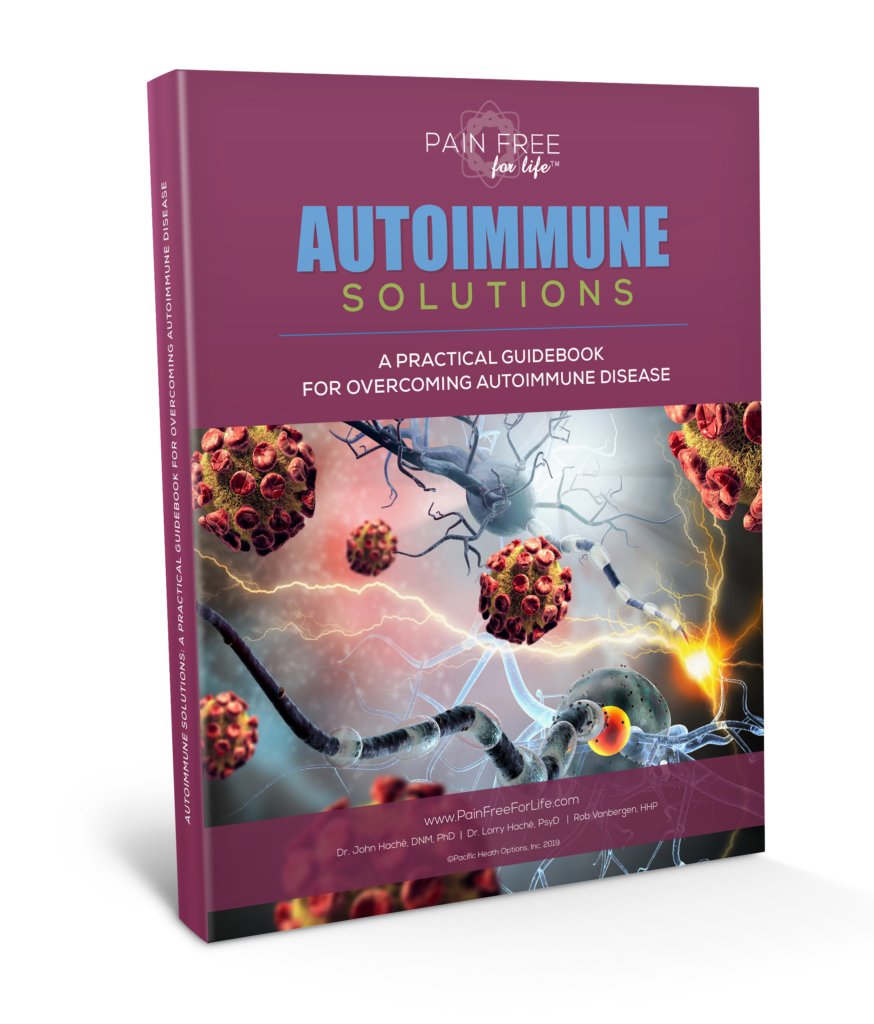
You’ve probably heard, over and over again, that you should get 7 to 9 hours of sleep every night. Yet over a third of us are getting just 6.8 hours or less. How important could an extra 15 minutes of sleep really be?
It doesn’t sound like much. But the reality is, even a little extra sleep can have a huge health impact. We’re not just talking about feeling alert and refreshed. According to the Centers for Disease Control and Prevention, lack of sleep can lead to chronic conditions such as obesity, type 2 diabetes, and heart disease.
And that’s not all. Sleep loss has also been linked to increased inflammation, which as we know, is the root cause of pain and disease.
The Role of Sleep in Chronic Pain Management
Sleep is often hailed as the cure for any ailment. Caught the cold? Get more sleep! Recovering from an injury? Sleep! Is work too stressful? Try more sleep!
The problem many people with autoimmune disorders have with this advice is that more sleep won’t stop your body from attacking itself. Giving your body more energy may even seem counterproductive, if it revs up your immune system! So why is sleep so important to chronic pain management?
As it turns out, getting a proper amount of sleep is vital for people suffering from chronic pain and autoimmune illness. Getting enough sleep is linked to better mental health, less stress, and more enjoyment of life, even among those with chronic pain. And, as we mentioned before, more sleep reduces inflammation.
Deep sleep, which occurs just before REM sleep, is the type of sleep that allows your body to regain energy and is the most effective stage of sleep for reducing inflammation. This type of sleep is thus especially important in chronic pain management.
It seems like a simple fix: get more sleep, reduce your pain. But here’s the problem. If you’re already in pain, chances are you have trouble falling asleep. Or, you may find that you wake frequently during the night. Either way, it may be hard for you to achieve the deep sleep needed for proper rest.
We get it. Trying to get enough sleep while battling an autoimmune disease is both frustrating and stressful. That’s bad news, because you guessed it: stress also makes inflammation flare up.
Get a Full Night’s Rest
Knowing how important sleep is for your health, you may be tempted to use a sleep aid to ensure you get the rest you need. For those who have trouble sleeping, pharmaceutical sleep aids can seem to be lifesaving. But have you considered the other effects of sleep drugs?
Depending on the drug, many sleeping pills come with a range of side effects. Some of the known side effects to prescription sleeping pills, for example, include:
- Drowsiness or fatigue
- Tingling or burning sensations in the extremities
- Dizziness or vertigo
- Impaired balance
- Tremors
- Digestive problems
- Gas
- Heartburn
- Mental impairment
Doesn’t sound much better than what your autoimmune illness may be dishing out to you already, does it?
Also, many sleep drugs become less effective over time as your body develops a resistance to them. That’s not to say sleeping aids aren’t helpful – they can be. But as with any treatment, it’s always good to question exactly how they affect you.
You’re probably thinking, “There has to be a better way”. A way to get the rest you need without compromising other areas of your health. Rest assured, there is! The Hache Protocol for Pain Resolution™ addresses five key areas to help you manage the pain associated with many autoimmune disorders– and get the sleep you need to heal.
While getting enough sleep is itself one of the five elements of the Hache Protocol™, it’s important to remember that the elements are interactive. This means that implementing all five elements together results in far greater healing effect than you would get by adding the separate effects together.
Need More Sleep Help?
If you find yourself getting less sleep than you’d like and would like an effective, natural alternative to pharmaceutical sleeping pills, try our Sana Sleep Blend Tea. We’ve formulated this herbal blend especially for people dealing with chronic pain and autoimmune conditions to help you sleep, as well as to reduce anxiety and headaches. The best part? It’s delicious! Enjoy a cup before bed and settle in for a good night’s rest (and a clear head in the morning!)

Want more healthy suggestions for improving sleep for people with autoimmune disorders? Download our latest free e-book, Autoimmune Solutions. In it, you’ll find an extended version of this article with specific remedies, exercises, and protocols to help you enjoy a good night’s sleep – without drugs or dangerous side effects.
Sources:
https://www.cdc.gov/sleep/index.html
https://www.ncbi.nlm.nih.gov/pmc/articles/PMC3548567/
https://www.sleepfoundation.org/articles/pain-and-sleep
https://www.webmd.com/sleep-disorders/guide/understanding-the-side-effects-of-sleeping-pills#3
https://www.webmd.com/sleep-disorders/guide/understanding-the-side-effects-of-sleeping-pills#2





